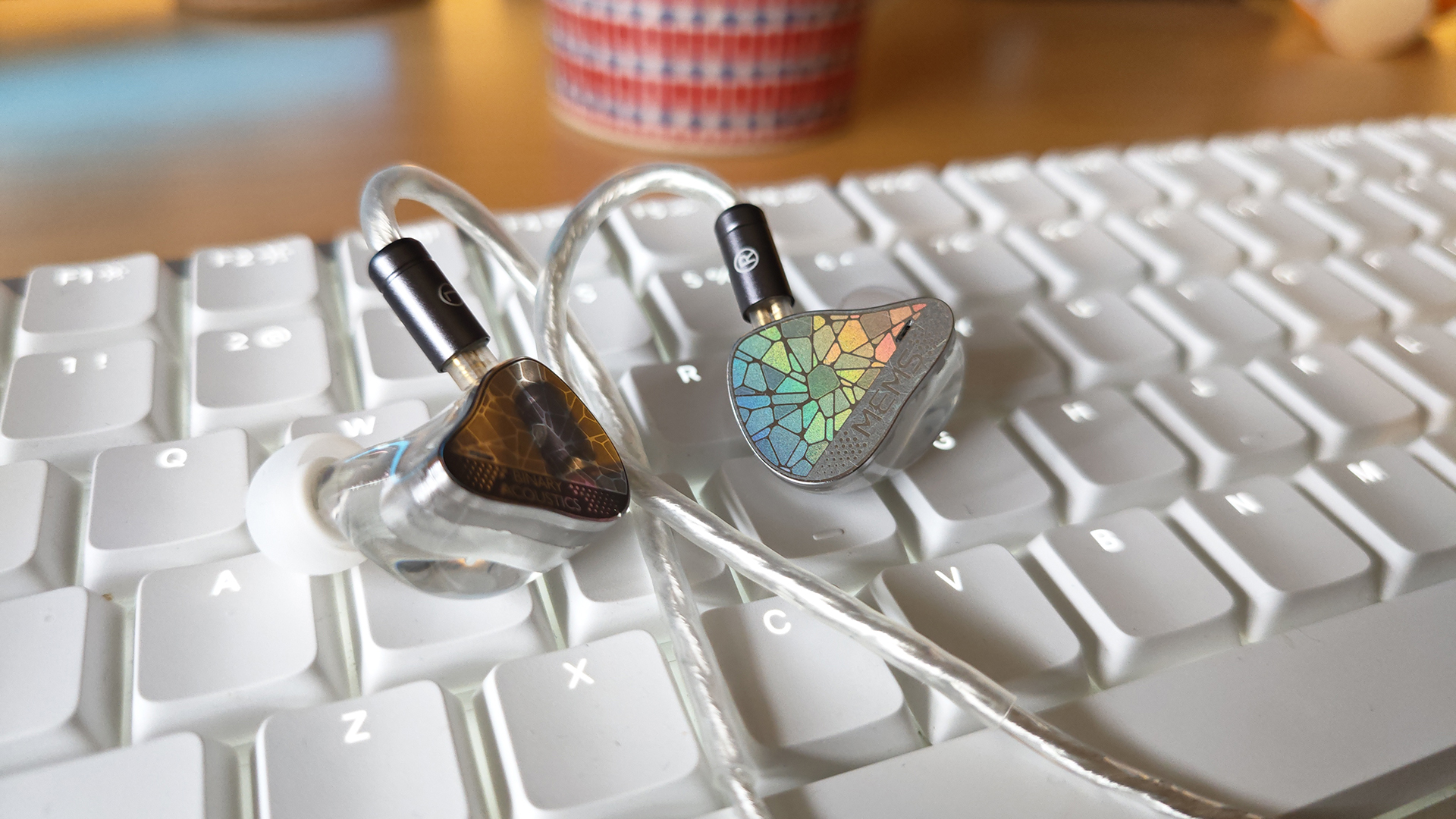Why designers should say no to native apps
Developer Christian Heilmann argues that creating iOS and Android apps slows development.
Sign up to Creative Bloq's daily newsletter, which brings you the latest news and inspiration from the worlds of art, design and technology.
You are now subscribed
Your newsletter sign-up was successful
Want to add more newsletters?

Five times a week
CreativeBloq
Sign up to Creative Bloq's daily newsletter, which brings you the latest news and inspiration from the worlds of art, design and technology.

Once a week
By Design
Sign up to Creative Bloq's daily newsletter, which brings you the latest news and inspiration from the worlds of art, design and technology.

Once a week
State of the Art
Sign up to Creative Bloq's daily newsletter, which brings you the latest news and inspiration from the worlds of art, design and technology.

Seasonal (around events)
Brand Impact Awards
Sign up to Creative Bloq's daily newsletter, which brings you the latest news and inspiration from the worlds of art, design and technology.
Interoperability
The interoperability that once made the internet so exciting rarely works within a native app. To succeed, apps and the businesses behind them have to be greedy. They have to keep you locked in, meaning that they often don’t talk to other apps, unless they are simply too popular to ignore. You are the product inside the product.
Native apps make it difficult to switch from one source of information to another. Rather than being able to switch from YouTube to Wikipedia at the click of a link, we can only view the information they deign to give us.
The mixture of technologies they sit on restricts us too. Imagine you want a new game, but you're on Android – how many months will you have to wait for it to become available on your operating system? Or perhaps you have an iPhone, but it's an old iPhone – will the app work as well on your hardware?

Native apps are not innovative. They are like a step back in time to a point when software only came on CDs: when we didn't know what was on the disc, and we weren't in control of it.
The web, with its ecosystem of platforms, devices and apps, is not perfect. It could do with more functionality. Sometimes we have 20 tabs open at a time, regardless of whether we actually need them, simply because the browser encourages multitasking.
But the web is decentralised. It's collaborative, and it's worldwide. And it's built on open technologies such as HTML5 – technologies that we can all learn quickly and easily if we chose to.
Web apps
You can learn to create web apps pretty quickly and easily because they are built in these standards-based technologies. These technologies do not require any special translations, conversions or re-programming. Should you chose to build a web app, it can run or synch across almost any device.
Sign up to Creative Bloq's daily newsletter, which brings you the latest news and inspiration from the worlds of art, design and technology.
This also means that there is no need to convince developers to create software for a specific platform. Instead, apps created for the most popular platforms will also work on the least popular, assuming that they have decent web browsers.
Equally, having an out-of-date web app is virtually impossible. Each time you load a site, you load the latest version, meaning that you don't have to consistently download updates, draining your battery and data allowance to use the new features.
Open future
It may not be perfect, but the flexible and open nature of the web means that it will remain the platform for technological evolution. Everything you put on it is linked to a worldwide network of computers and television sets, wearables and mobile phones. And the more you use it, the more you stand up for open innovation, declaring that the future will not belong to closed environments that use us as a product.
I challenge developers and users alike to say no to closed environments. By using technologies that support an open ecosystem, we can create a ripple for open standards. As more people join, that ripple will become a wave.
Words: Christian Heilmann
Christian Heilmann was most recently principal developer evangelist at Mozilla, where he spent time advocating Firefox OS. This article was originally published in net magazine.
Like this? Read these...
- The designer's guide to working from home
- The best collage maker tools – and most are free!
- Brilliant Wordpress tutorial selection

The Creative Bloq team is made up of a group of art and design enthusiasts, and has changed and evolved since Creative Bloq began back in 2012. The current website team consists of eight full-time members of staff: Editor Georgia Coggan, Deputy Editor Rosie Hilder, Ecommerce Editor Beren Neale, Senior News Editor Daniel Piper, Editor, Digital Art and 3D Ian Dean, Tech Reviews Editor Erlingur Einarsson, Ecommerce Writer Beth Nicholls and Staff Writer Natalie Fear, as well as a roster of freelancers from around the world. The ImagineFX magazine team also pitch in, ensuring that content from leading digital art publication ImagineFX is represented on Creative Bloq.
